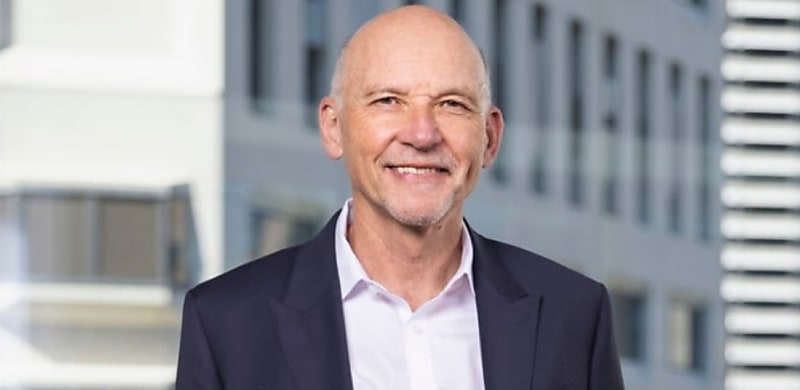
In an era marked by technological advancements, striking a balance between technology adaptation and human interactions is crucial, a non-bank lender noted.
While the banking industry moves to integrate technology across its services, founder and chief executive of independent non-bank lender Metro, Phillip Crossman, said the preservation of human interaction was paramount.
Speaking to The Adviser, Mr Crossman said using technology to complete “mundane types of activities” would be necessary to improve efficiencies but declared businesses must not completely replace human interaction as “finance is ultimately a people business”.
He emphasised the advantages of technology integration for tasks like “information gathering and data retrieval from agencies like Equifax”. However, he cautioned that some aspects must remain human-driven, or “it’s to your demise”.
“You can have customer service, but if you don’t follow up with technology, then you’re probably behind the rest. But you just can’t have technology on its own, you need to have that customer service proposition as well,” Mr Crossman said.
Indeed, the rise of green finance was another growing trend, with financing on eco-friendly assets such as solar panels, batteries, and electric or hydrogen vehicles on the rise, which Mr Crossman expects will continue on the back of government incentives.
“We tend to be in a bit of a malaise at the moment when it comes to the environment, climate change. But one thing’s for sure it’ll be relentless and unstoppable,” according to Mr Crossman.
“As climate change makes itself more obvious then there’ll be, I think, a quick uptake in green assets. And to a certain extent, humankind’s proven to be last-minute adaptable.”
Metro’s plans include launching a “phase two” of their green finance program, offering discounted interest rates for eco-friendly assets.
Economic conditions
While business confidence waned and living costs rose, Metro’s focus on prime SMEs provided resilience, he noted.
As such, the lender remained optimistic for a “soft landing” in the prime sector supported by relatively low unemployment rates.
In addition, Metro was “closely monitoring” its portfolio for signs of increased arrears defaults, which remained historically low.
On Wednesday (9 August) Metro announced the successful completion of a $67 million institutional equity placement.
The recent completion of a $67 million institutional equity placement was deemed crucial for future adaptability.
He stressed the importance of risk management and the need for adequate capital to navigate unforeseen market shifts.
“Businesses have to be prepared and have to be adaptable to market shifts and market events and occurrences which are unpredictable,” he said.
“The way to do that is to have a good risk management framework. One of the critical elements is to have adequate capital, and so, to a certain extent, this equity raising is to provide us with a buffer – equity capital just in case the unexpected happens,” Mr Crossman declared.
“I think the only thing we can be sure of is that we can’t be sure of anything.”
While growth remains a priority, the equity placement was primarily intended to fund business expansion. With a portfolio exceeding $3 billion and continued growth, Mr Crossman also earmarked equity for potential acquisitions in strategic areas.
“The pie isn’t big enough to support everyone at scale,” Mr Crossman declared.
“So we see that there is going to be a period of consolidation and we want to be prepared to take advantage of opportunities within our strategic areas of focus.”
[Related: A quarter of brokers think a recession is coming: Metro]
